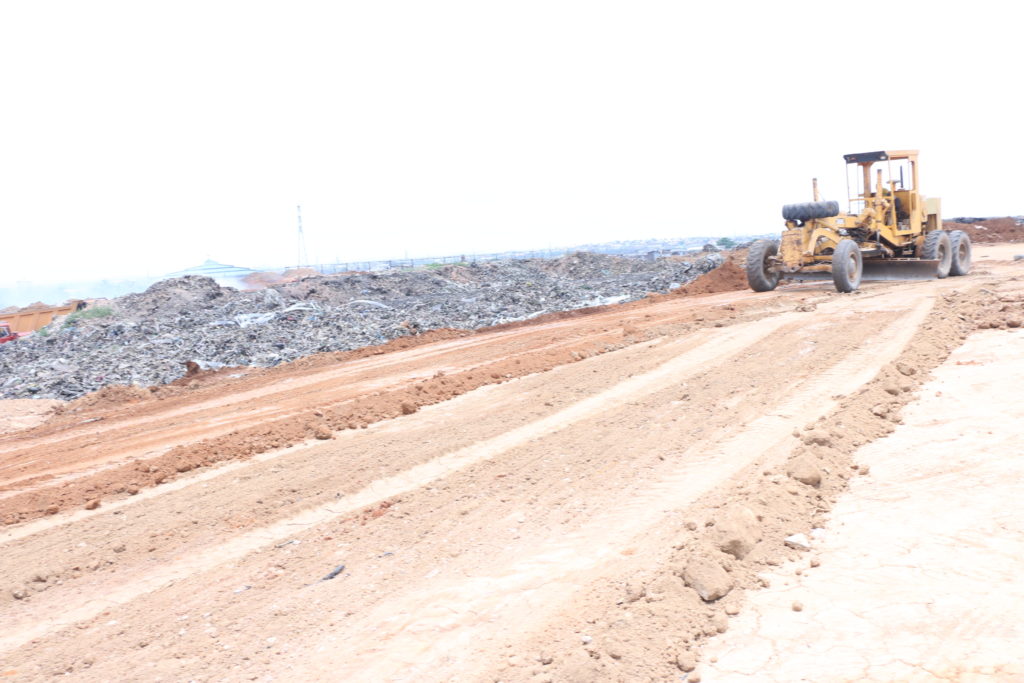The Lagos Waste Management Authority (LAWMA) has said that plans have been concluded to decommission its Olusosun and Solous landfill sites.

Managing Director of LAWMA, Dr Muyiwa Gbadegesin, said in a statement on Saturday, November 2, 2019 that the decommissioning was due to urban encroachment and increased human activities around the areas.
Gbadegesin said that the move became necessary as both sites drew close to the end of their lifespans.
He said that the process of winding down activities at those landfill sites had commenced.
According to him, there were not much human activities close to the sites at inception, but fast-paced development in the state has seen houses built around them.
“The government is opening a new chapter in modern waste management for the state, through a number of comprehensive short and long-term strategies.
“The strategies include the reactivation of Kesse Landfill project at Badagry, construction of additional material recovery facilities and transfer loading stations around the metropolis,” he said.
The LAWMA boss said that government also planned to build community recycling centres in all the local governments and development areas of the state.
Gbadegesin said that immediate measures would be taken to mitigate the impact of the closure.
He said that the long-term objective of government was “a Lagos State where no landfill sites are required but only waste management facilities, waste to energy and incineration plants.”
Gbadegesin said that plans were on to establish 5MW waste to energy plants at Solous 3, Olusosun and Epe landfills, to tap the energy potential available there.
He said that Olusosun would eventually be transformed into a waste treatment centre.
Gbadegesin reiterated the agency’s commitment to promoting waste recycling and best practice in waste management.
He urged residents to embrace LAWMA’s Blue Box programme and the concept of waste sorting at source.
The managing director charged members of the public on proper disposal of refuse, warning that there were sanctions for violation.
By Florence Onuegbu
